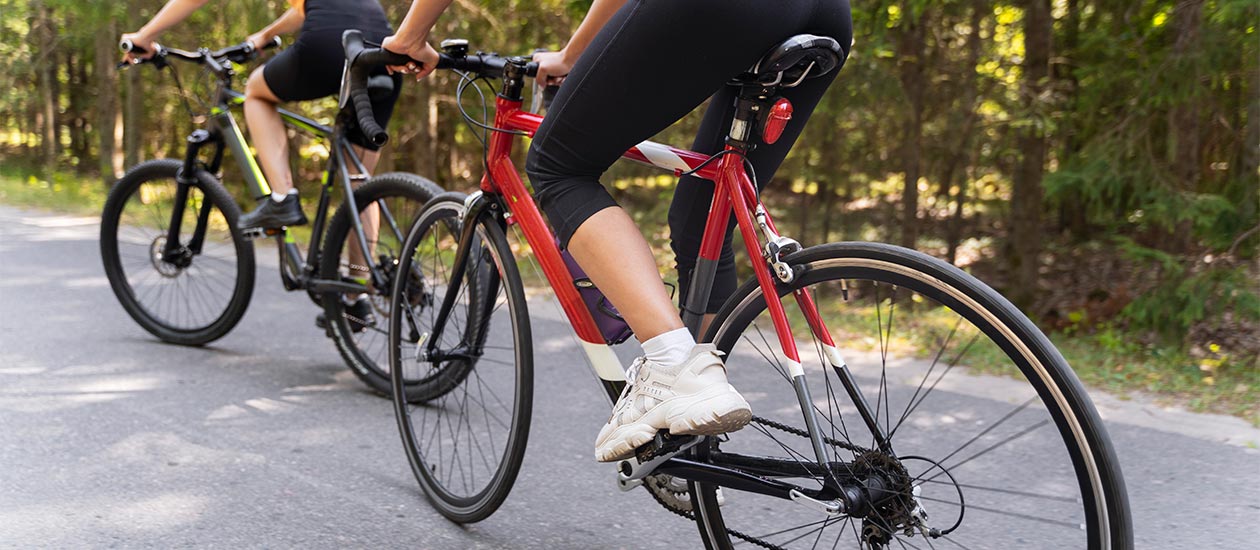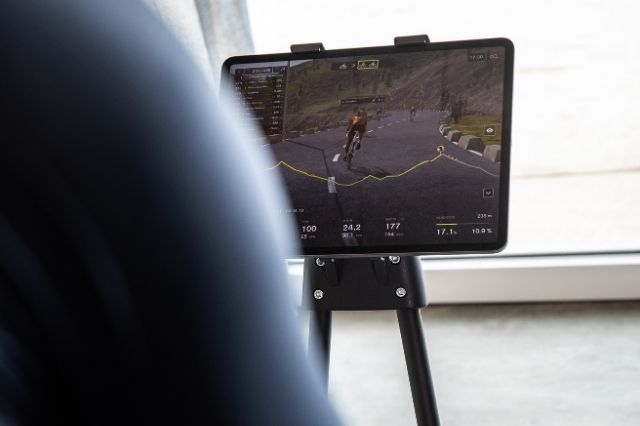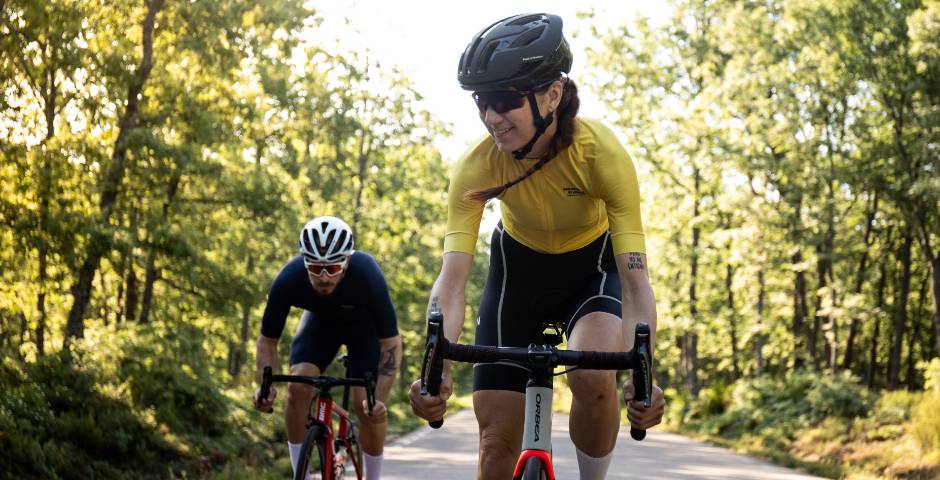The pre-season is one of the most important phases for any athlete, especially in endurance sports like cycling. Many enthusiasts wonder if they are ready to start this preparation phase, and that’s where doubts arise. How do I know if my body is ready? What should I assess before starting? Arrive ready for the pre-season can make the difference between improving performance or suffering injuries and exhaustion.
In this article, we will analyse the key aspects you should consider to determine whether you’re ready for a good pre-season. From your physical condition to mental motivation, we will go through the main indicators that will allow you to make informed decisions about your preparation.
The importance of the pre-season
Before diving into the technical details, it’s crucial to understand the importance of the pre-season in performance throughout the year. The pre-season is not just a stage to gain strength or speed but lays the foundation upon which your entire sports year will be built. It is the time to work on weaknesses, strengthen key areas of your body, and adjust technique.
A common mistake is starting the season without a solid foundation, which can lead to premature fatigue or injuries throughout the year. In endurance sports like cycling, a well-structured pre-season will allow you to reach your best form just when you need it during competition.

Initial physical assessment
Before starting any type of sports preparation, it’s essential to undergo an initial physical assessment. This is not only a matter of common sense but also the best way to prevent future injuries. The assessment should cover aspects like cardiovascular endurance, muscular strength, mobility, and balance.
A medical check-up is always advisable. An electrocardiogram can rule out heart problems, while a stress test will help you understand your aerobic and anaerobic thresholds. Knowing your starting point will allow you to tailor your training and progress more efficiently.
While you can perform some tests at home, such as a strength or flexibility test, it is preferable to have a sports or health professional advise you, especially if you plan to have an intense pre-season.
Cardiovascular condition
One of the main pillars for a good pre-season is your cardiovascular condition. If you have been inactive or had a light routine over the past few months, your aerobic capacity has likely diminished. There are several simple tests to measure your cardiovascular condition, such as the Cooper test, or you can monitor your resting heart rate.
A good indicator is your resting heart rate: the lower it is, the better your cardiovascular condition will be. If you haven’t been training much lately, it’s normal to struggle to catch your breath after moderate exercises. However, what’s important is that, with the right pre-season, you’ll notice an improvement in just a few weeks.
Aerobic training during the pre-season should be long and steady, at moderate intensities. This is where you build the aerobic base that will allow you to later endure more intense training sessions without fatigue. Good cardiovascular endurance is key for optimal performance in endurance sports.
Strength and muscular endurance
Cyclists and other endurance athletes often neglect strength training, thinking it’s not as important. Nothing could be further from the truth. Muscular strength is essential to prevent injuries, improve pedalling efficiency, and better handle training loads.
Strength work during the pre-season should focus on the major muscle groups: legs, core, back, and arms. Exercises like squats, deadlifts, or planks are ideal for developing a solid foundation. The key is to build good muscular endurance, not lifting heavy weights, but being able to sustain continuous efforts.
One aspect to bear in mind is that by improving your strength, you will also improve your performance in cycling. You’ll be able to generate more power in your pedalling without compromising so much energy, which translates to greater speed and the ability to tackle climbs or sprints more effectively.
Flexibility and joint mobility
Cycling is a repetitive sport that can limit certain ranges of motion if flexibility is not worked on. Flexibility and joint mobility are two fundamental components for good performance and injury prevention, especially in the hips, lower back, and shoulders.
A lack of joint mobility can lead to chronic pain or even serious injuries. During the pre-season, take time to work on flexibility with dynamic and static stretches. Yoga or Pilates can also be good allies in this regard.
Remember that a more flexible body is a more efficient body. In cycling, this translates to a better position on the bike and greater comfort during long training sessions.
Proper nutrition for the pre-season
Nutrition plays a key role in any training programme, and the pre-season is no exception. This is when you need to ensure your body gets the necessary nutrients to withstand the training load and recover properly.
It’s recommended to consult with a sports nutritionist to adjust your diet to your specific needs. Proteins will be essential for muscle recovery, while carbohydrates will provide the energy needed for endurance training. Healthy fats, such as those found in avocados or nuts, are also important for a balanced diet.
Remember that hydration is equally important. During the pre-season, especially in long sessions, it’s crucial to maintain an adequate fluid level in your body to avoid cramps and improve overall performance.

Rest and recovery
One of the most common mistakes in the pre-season is underestimating the importance of rest. Rest and recovery are just as important as the training itself. If you don’t give your body time to recover, you won’t adapt properly to the workload, increasing the risk of injury or overtraining.
During the pre-season, it’s crucial to schedule active rest days and ensure you’re getting good sleep. Sleep is where the body regenerates muscle tissues and consolidates adaptations to training. Don’t underestimate its importance.
Psychological and motivational tests
It’s not all physical in the pre-season. The mind plays a key role in sports performance. It’s necessary to assess whether you feel mentally prepared to face the challenges ahead. The pre-season can be exhausting not just for the body, but for the mind as well.
Maintaining a positive attitude, visualising your goals, and working on motivation are aspects that should not be overlooked. Psychological tests or simply analysing how you feel emotionally will help you stay focused and enjoy the process.
BKOOL is the most complete cycling simulator on the market – try it FREE for 30 days!
 Go to BKOOL
Go to BKOOL





